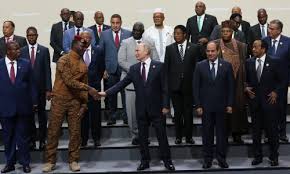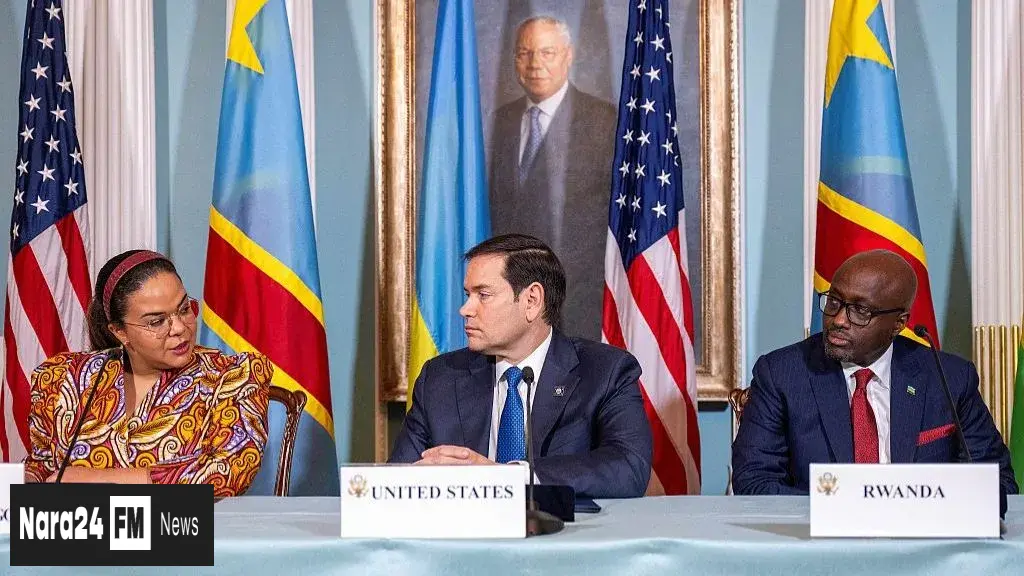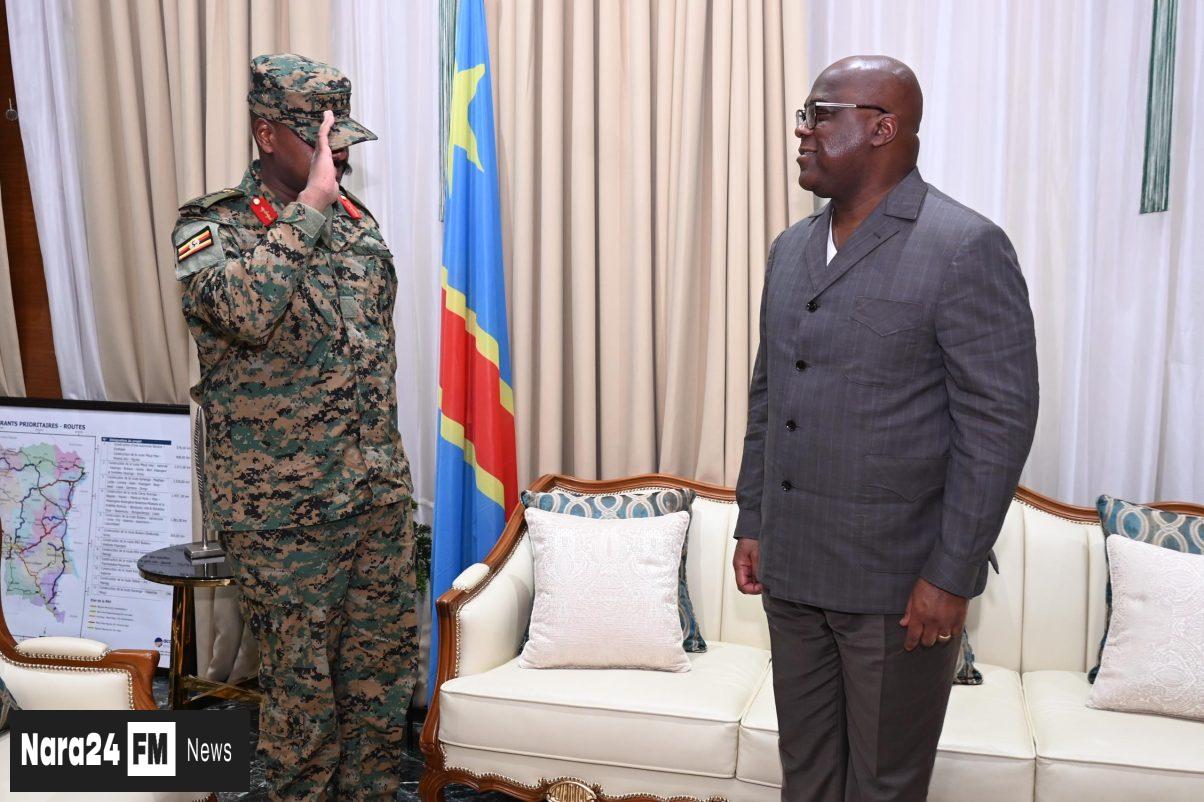Russia is intensifying efforts to broaden its strategic footprint across Africa through strengthened economic partnerships and security collaborations, the Kremlin confirmed this week. The announcement signals Moscow's ambition to capitalize on diminishing Western influence in regions experiencing political upheaval.
Kremlin spokesperson Dmitry Peskov emphasized Russia's expanding continental role during a press briefing, stating: "We are fundamentally committed to advancing multifaceted cooperation with African nations, with primary emphasis on economic and investment initiatives. This comprehensive approach equally extends to defense and security domains." The declaration coincides with significant troop realignments in West Africa.
Geopolitical Vacuum
Analysts interpret Russia's maneuvering as filling voids created by the withdrawal of former colonial power France and reduced U.S. engagement following successive military coups. Nations including Mali, Central African Republic, and Equatorial Guinea have notably welcomed Russian security assistance, often at the expense of European partnerships.
The timing of Peskov's statement proves particularly significant amid reports of the Wagner Group concluding operations in Mali after supporting the military-led government against insurgent factions since 2021. Despite Wagner's departure, Russian presence persists through the Africa Corps—a paramilitary entity formally supervised by Moscow's Defense Ministry.
Transition of Forces
Mali's military leadership, which assumed control through coups in 2020 and 2021, consistently denied Wagner's official deployment while acknowledging "Russian instructors." The regime severed defense ties with France during this period, pivoting decisively toward Moscow. Military analysts note that approximately 70-80% of Africa Corps personnel previously served with Wagner, according to communications intercepted by Reuters.
Ulf Laessing, who heads the Sahel program at the Konrad Adenauer Foundation, observed that the transition marks an operational shift: "Africa Corps maintains a lighter footprint focused on training, equipment provision, and protective services rather than Wagner's direct combat approach. This represents a tactical recalibration."
Strategic Implications
The reorganization follows dramatic events within Russia's mercenary ecosystem. Africa Corps emerged after the failed 2023 mutiny by Wagner founder Yevgeny Prigozhin and commander Dmitry Utkin against Russian military leadership—a rebellion concluding with both men dying in a plane crash months later.
Western security officials view Russia's expanding security role with apprehension, noting increased arms shipments and resource extraction agreements accompanying military cooperation. As France completes troop withdrawals from former Sahelian strongholds, Russian flags now fly beside Malian banners at bases once operated by European forces.
Moscow's dual-track strategy—combining economic incentives with adaptable security solutions—positions Russia as an increasingly influential player in Africa's geopolitical landscape while testing the resilience of international sanctions regimes against the Kremlin.







Comments (0)
Leave a Comment
Be the first to comment on this article!